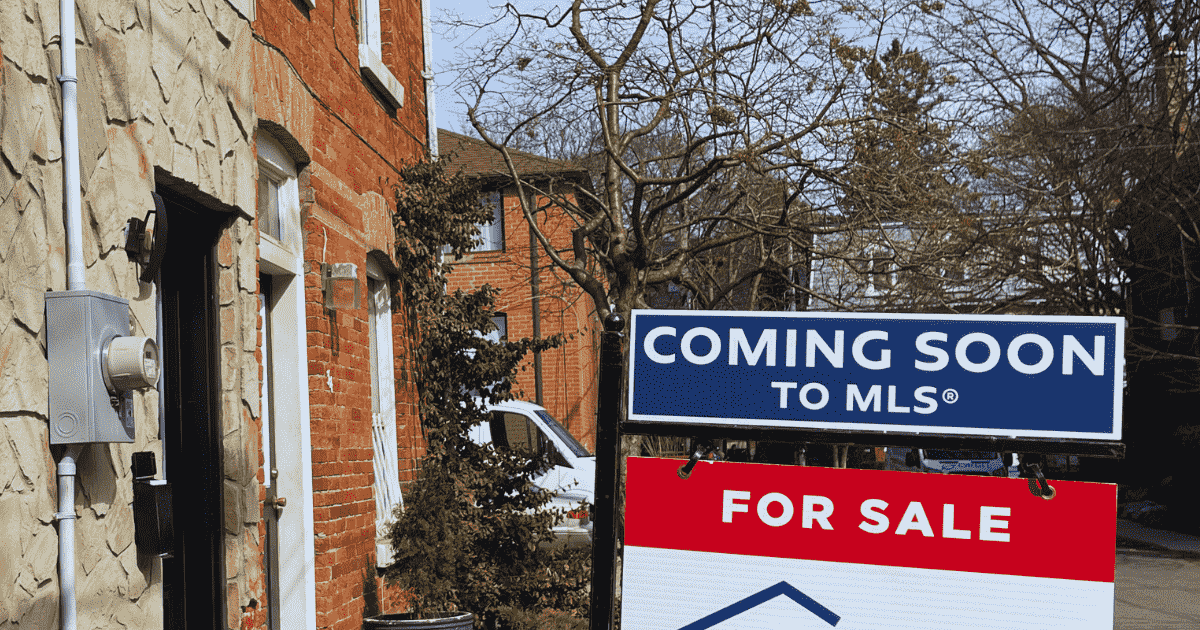The provincial British Columbia government has earned a bit of a reputation for being a real estate industry disruptor, subjecting the Metro Vancouver region to several new regulations unprecedented in other markets. In late February, another round of housing rules was brought forth in the provincial budget, including the expansion of the foreign buyers tax and a slew of new ownership disclosure rules.
While these changes have been designed to address the Vancouver area’s unique supply and demand issues, industry watchers believe some of the measures can – and will – trickle down to other Canadian housing markets. Here’s a look at what could be coming.
An expanded foreign buyers tax
Under the new budget, the 15-per-cent foreign buyers tax, originally introduced in May 2016 in the Metro Vancouver region, will be upped to 20 per cent. The affected geographic area has also been expanded to include the Fraser Valley, central Okanagan and Southern Vancouver Island.
The tax has been controversial since its implementation; affordable housing advocates applauded the action, while critics said it failed to address the real issues behind speculative pricing. At worst, they said, the tax was blatantly racist for disproportionately targeting buyers of Chinese origin.
Originally, it didn’t seem likely the measure would be picked up in other markets. Ontario Premier Kathleen Wynne told reporters at an October 2016 press conference that the province would not “go down the road that British Columbia has gone down.
“I’m not interested in doing something that would have an unintended consequence in Ontario – something that was designed for a totally different market,” she said, adding that while housing proposals would come in the “not too distant future”, that they would be directed at the first-time-buyer contingent.
Her stance took an abrupt about-face, however, when a similar tax was rolled out within the Fair Housing Plan (FHP) in April 2017. Called the Non-Resident Speculation Tax (NRST), the new levy also commanded 15 per cent of the total value of home purchases made by out-of-country buyers in the Greater Golden Horseshoe region.
This expanded measure is despite recent data from Canada Mortgage and Housing Corp. (CMHC) and Statistics Canada, which found foreign buyers accounted for 3.4 per cent of real estate purchases in Toronto, and 4.8 per cent in Vancouver – lower than what was perceived by the public.
However, there has been evidence of an uptick in foreign interest in markets that do not have a such a tax. In Montreal, demand in the luxury homes segment is up 20 per cent, and the island just experienced its best January in eight years, at 13-per-cent year-over-year growth. While Quebec does not currently have legislation in place to implement a foreign buyers tax, it says it is monitoring the sale of property to and by foreign purchasers by tracking the locations of their principal residences. And, while the Ontario government hasn’t alluded to any new changes in the pipeline, agents are wise to keep an eye on this development when facilitating out-of-country purchases.
A vacant homes tax
The FHP also empowered the City of Toronto to implement an empty homes tax, a move that would also follow in Vancouver’s footsteps. While it’s unclear whether that will come to fruition – city council conducted public consultations last summer – it’s estimated the tax could return 15,000 to 28,000 currently vacant homes back to rental stock. Vancouver, which is in the process of rolling out the tax for the first time, is relying on the honour system to collect its home use data. The city extended the declaration deadline to March 5, after thousands of residents failed to report by the original February cut-off.
It’s important that agents working with real estate investors ensure their clients are aware of the usage requirements that could potentially come to their local markets, as rental properties are exempt if they’re inhabited a minimum of six months per year.
A tax on real estate speculators
Industry analysts have long argued that a combination of domestic and foreign speculative activity is truly to blame for unsustainable price growth in Canada’s largest markets. The B.C. government is responding with a new tax on owners of British Columbia real estate who do not pay income tax to the province. While designed to weed out vacant investment properties or “satellite families” – those who dwell in the province while the breadwinner earns their income and pays their taxes elsewhere – the immediate response has been that the tax is most painful for out-of-province vacation home owners, who now face thousands in additional property taxes per year.
Given the resulting backlash, it remains to be seen whether this new tax will remain in its current iteration.
However, another measure that targets buyers who purchase real estate via blind trust coincides with plans at the federal level to crack down on tax avoidance.
While British Columbia will now identify trust buyers in a public land registry, the federal government echoed these sentiments in their own budget, with stricter reporting requirements referred to as “beneficial ownership information”. This will help “authorities to effectively counter aggressive tax avoidance, tax evasion, money laundering and other criminal activities perpetrated through the misuse of corporate vehicles,” it says. The new requirements will come into effect in 2021 and will also crack down on “tracking arrangements”, which allow real estate owners to defer the profits they’ve earned on their properties.
New disclosure for assignment sales
Those who dodge taxes made on capital gains from paper-flipping pre-construction condos are in a wake-up call, as B.C. will now require developers to collect and report the identities of those who sell and purchase units on assignment prior to closing. This information has been closely guarded by developers in the past but could now reveal how many times a unit changes hands before it’s completed and registered, and how many investors profited. Pending its success on the west coast, this will likely be a popular measure among policymakers in other provinces as well, given the perceived extent of speculation in the Greater Golden Horseshoe markets.
Penelope Graham is the managing editor of Zoocasa.com, a real estate resource “that uses full brokerage service and online tools to empower Canadians to buy or sell their home faster, easier and more successfully.”















